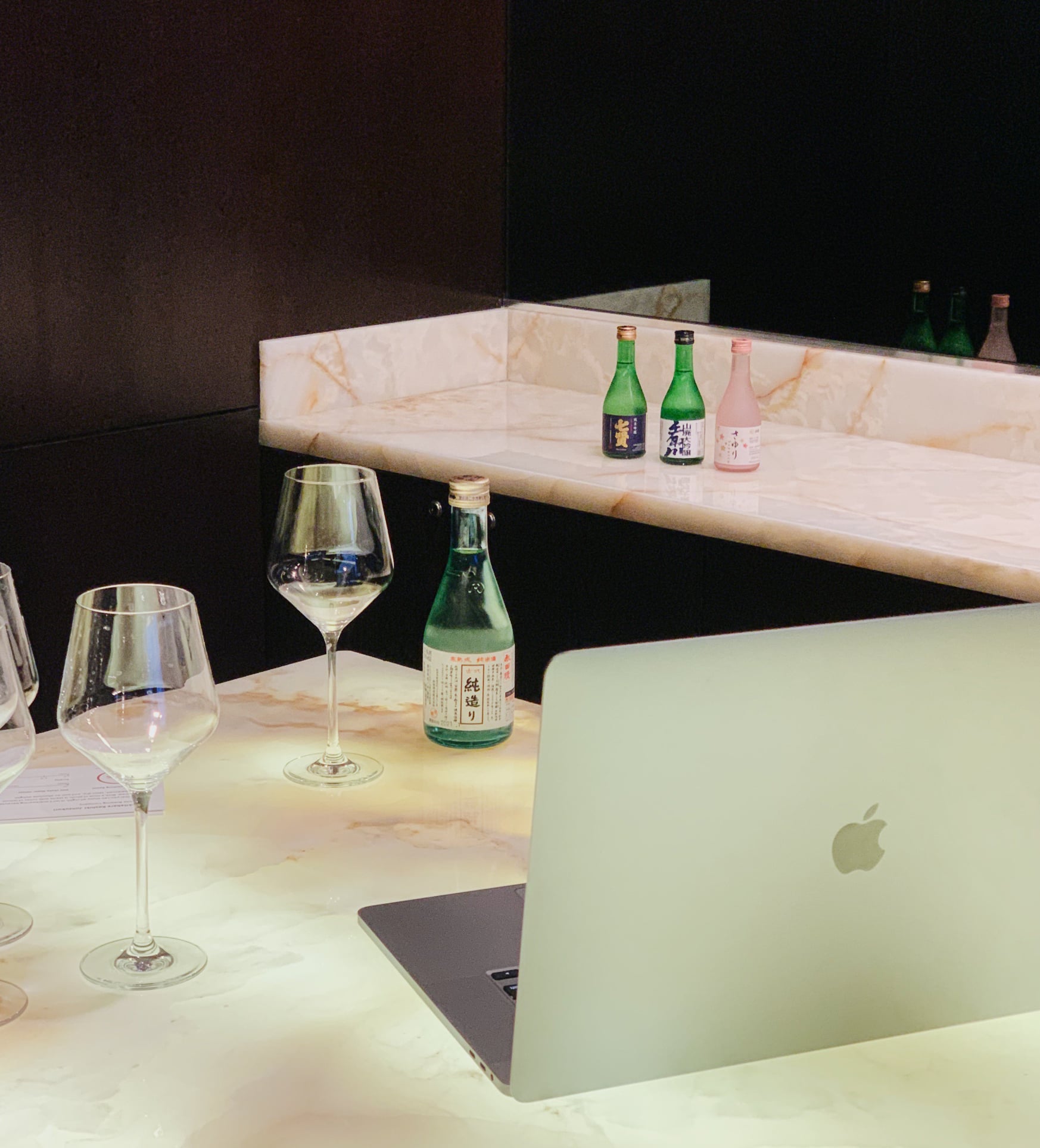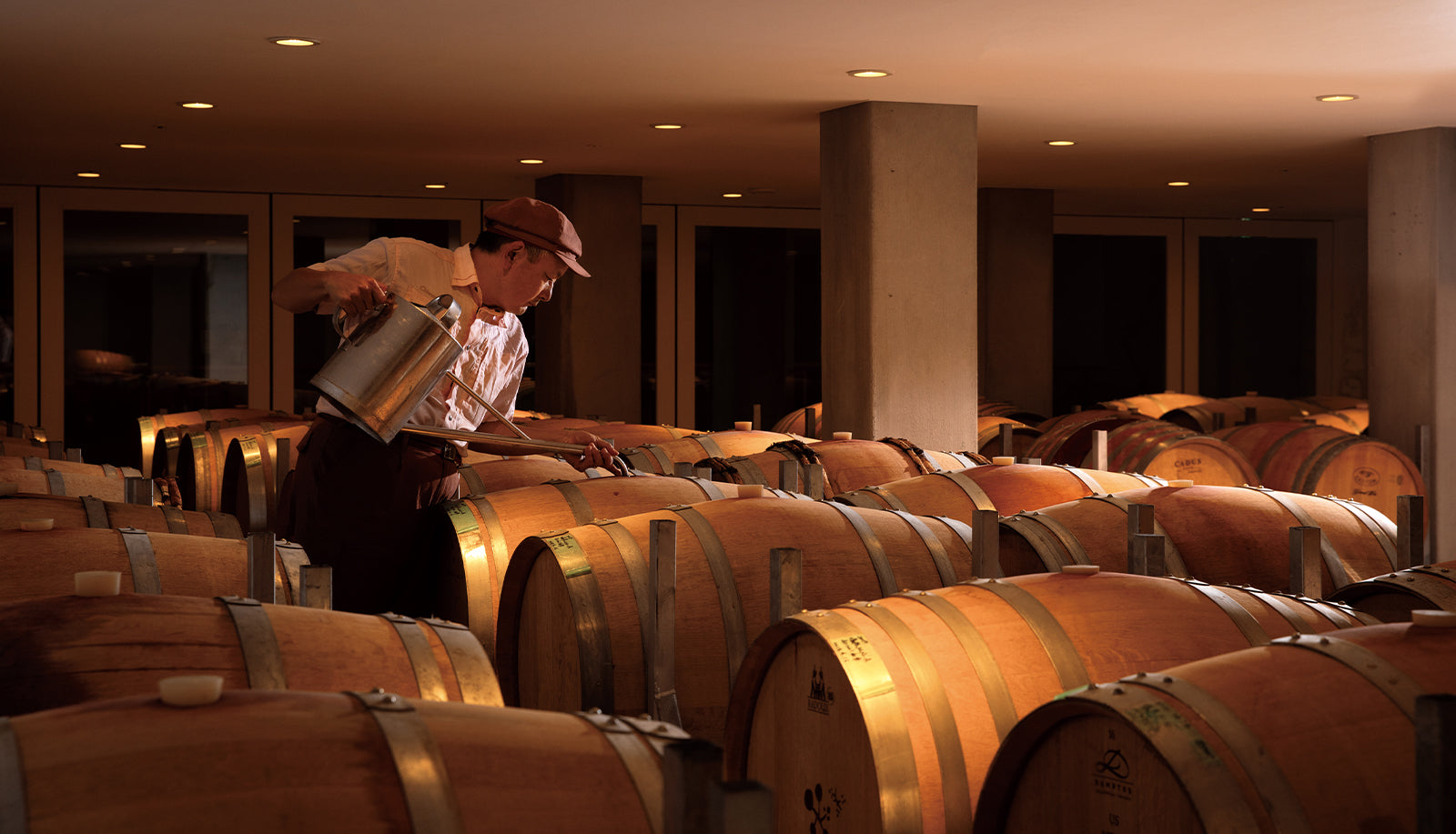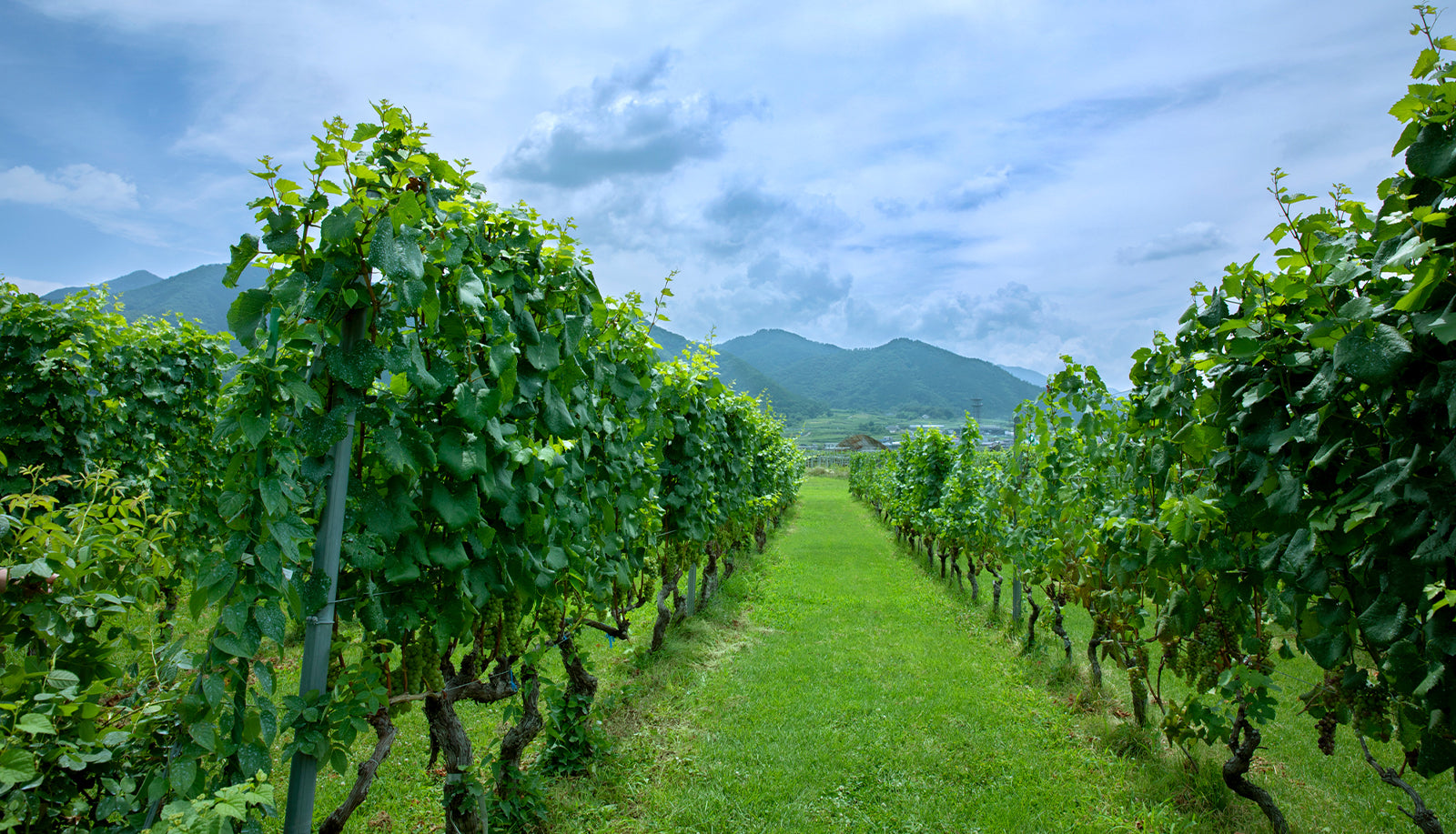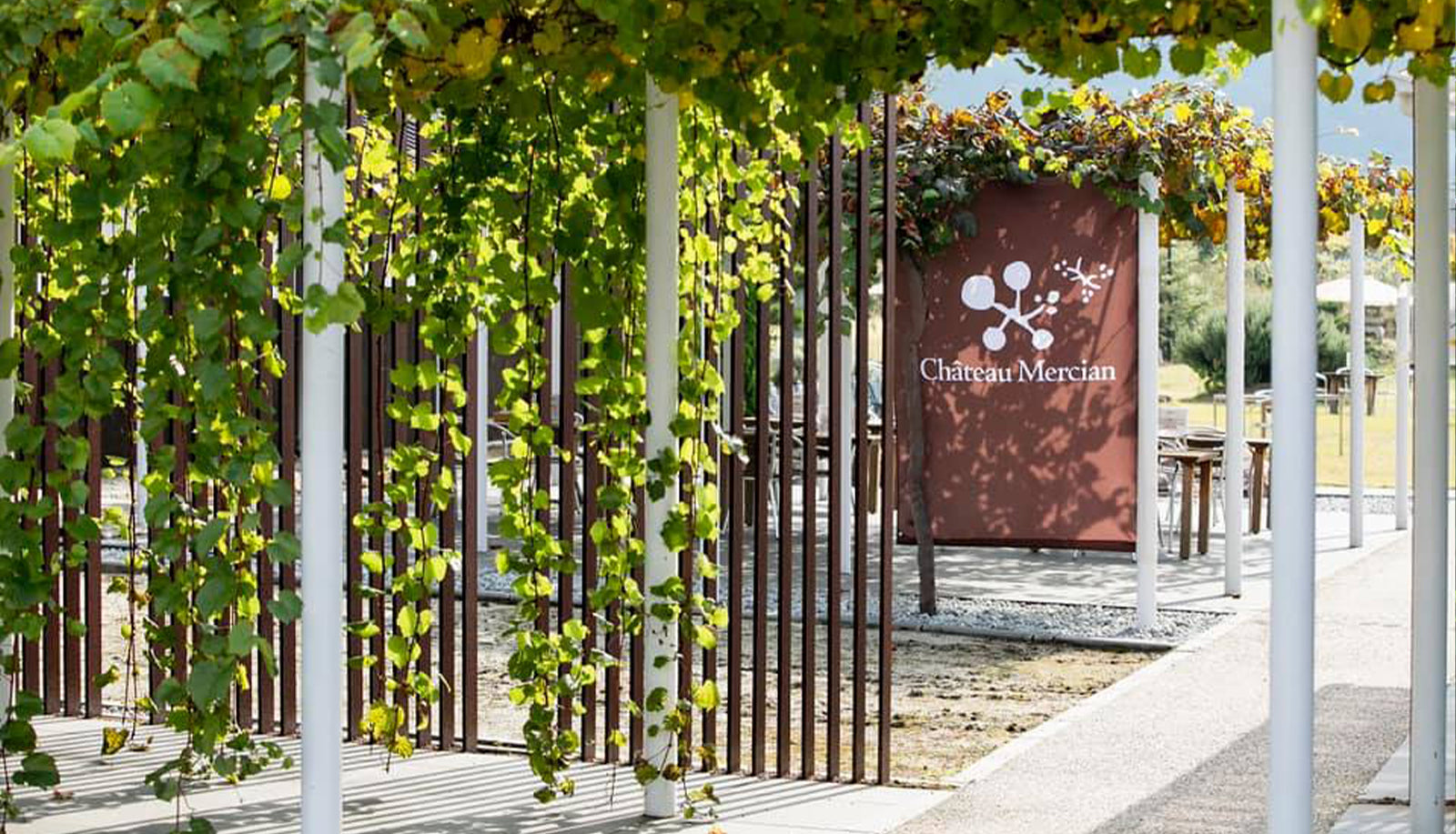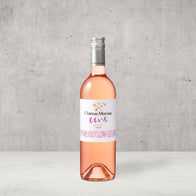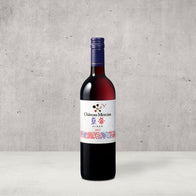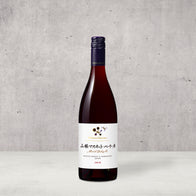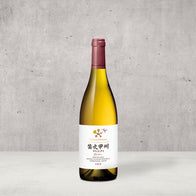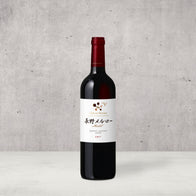
シャトー・メルシャン
Château Mercian
Winery | ワイナリー
Château Mercian

Château Merican, founded in 1887, was the first privately-owned winery in Japan. It is now part of Kirin Holdings family, one of the biggest beverage companies in Japan. Yes, yes, yes, the natural inclination is to go for small, boutique businesses, but do yourself a huge favor and do NOT dismiss Mercian as some boring behemoth, because they've done fascinating work. They're actually a real game changer in Japan's wine industry—it's the big, hunkin' train that could. For example: Koshu grapes have long been marketed for their pure, delicate, light characteristics, but there were a lot of criticisms about its delicacy going overboard to the point of blandness. In 2003, Château Mercian conducted several small trials that identified the 3MH compound in Koshu grapes, a compound also found in Sauvignon Blanc. 3MH is responsible for Sauvignon Blancs' fruity characteristics, often likened to grapefruit and passionfruit. With this finding, along with the discovery that Koshu grapes harvested earlier were more fragrant, Château Mercian and other Japanese vineyards began harvesting their Koshu grapes up to a month earlier. This led to Koshu wines with more aroma and flavor, changing the playing field of Koshu wines forever. And for those of you who unabashedly love the clout and power big money brings to a company and don't mind some name-dropping: among Château Mercian's consultants are Denis Dubourdieu, a research scientist who is widely considered to be top in the world of white winemaking and the head of Doisy-Daene, as well as the late Paul Pontallier of Château Margaux. Enough said.
Founded
1877
Employees
649
Flagship Product
Nagano Merlot
Location
Prefectures of Yamanashi, Nagano, Akita and Fukushima
While there are several Château Merican locations throughout the mid-to-northern areas of mainland Japan, most are located in Yamanashi Prefecture. Many of their vineyards are in the Katsunuma area, an area famous for Koshu and Muscat Bailey A grapes. They also grow Chardonnay, Merlot, Sauvignon Blanc, Shiraz, Pinot Gris, and many others, in locations best suited for each variety throughout the four Prefectures.

Chief Winemaker
Mitsuhiro Anzo

Anzo joined Mercian Corporation in 1995 after graduating from University of Tokyo's Department of Applied Biological Chemistry/Department of Biotechnology at the Faculty of Agriculture, Graduate School of Agricultural and Life Sciences. In 2001, he headed to Château Reysson in Bordeaux and obtained the Diplôme Universitaire d'Aptitude à la Dégustation (DUAD, university diploma for aptitude in wine tasting) from Bordeaux Segalen University. Anzo has extensive experience outside of Japan, including three stints as a judge for international wine competition, Les Citadelles du Vin. He became General Manager and Chief Winemaker of Château Mercian in 2015.
Recommendation
Favorite
Notable
Awards & Accolades
International Wine Challenge
-Gold medal and Japanese White Trophy,
-Château Mercian Hokushin Left Bank Chardonnay Rivalis 2017
https://www.chateaumercian.com/en/about-us/awards.html
Shop
From this Chateau
Our Mission
Château Mercian compares their winemaking to a Japanese garden—there is no single focal point; instead all the elements work together as one to produce complexity, depth, and harmony. They also believe in creating wines that are unique to Japan. This means that together with having complete grasp of their climate, soil, and grape growers, they must also have a firm understanding of wines all over the world in order to pinpoint and highlight what is uniquely special and what can only be expressed by Japanese wines.
Quality
Our Grapes
Many of their wines use Koshu, Merlot, and Muscat Bailey A grapes. The vineyards of these grapes are in the Katsunuma area, an area famous for Koshu and Muscat Bailey A grapes. They also grow Chardonnay, Sauvignon Blanc, Cabernet Franc, Riesling, Shiraz, Pinot Gris, among others, in locations best suited for each variety throughout the four Prefectures of Yamanashi, Nagano, Akita, and Fukushima Prefecture. They also began growing Albarino and Tempranillo to cope with future challenges posed by climate change after temperatures in Koshu city topped 95 degrees Fahrenheit during the summer.

